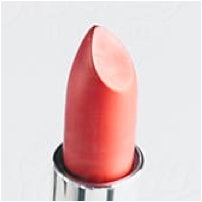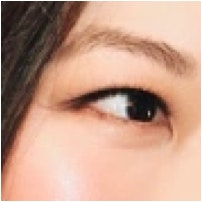Yes, You Can Use Retinol During The Day — But This Is Why You Might Not Want To
Thespotlyte | July 30, 23

Like a wooden table with three legs, retinol is solid, but unstable: on the one hand, it’s the preeminent anti-aging ingredient, proving time and time again that it can increase collagen production and cell turnover. On the other hand, retinol has a reputation for wavering. According to skincare lore, the vitamin A derivative does not play well with UV rays. This has even the most skincare savvy people nixing retinol in the summer months and shuddering at the thought of applying the stuff while the sun is out. We asked a dermatologist for the 411 on retinol and sun. As it turns out, the relationship is complicated (but aren’t they always?).
[Editor’s note: Retinol shouldn’t be used by those who are pregnant, considering getting pregnant, or nursing. Please consult with your doctor before use.]
If you’re storing your retinol in a sunny spot, go ahead and move it this instant. “UV rays destabilize retinol and retinoid compounds when they are in the package, and before they are applied to the skin,” says Alabama-based dermatologist, Corey L. Hartman, MD, FAAD. For this reason, he advises choosing retinol products that are packaged in opaque containers. “When retinols are exposed to light, they can lose potency, turn yellow to brown, and become destabilized,” Hartman says.
Similarly, there are also a few reasons you might want to stick to nighttime retinol application. For one, your body’s circadian rhythm naturally triggers rejeuvenating cell activity at night. (Read about one writer who learned more about how time of day affects the effectiveness of an ingredient.)
Another reason it’s best to use retinol when the sun sets: the sun itself, which can make your skin more sensitive to UV light. “Photosensitivity comes from the way retinol works to improve signs of aging,” Hartman explains. “Retinol boosts cell turnover, eliminating old, dull skin cells and making way for fresh, healthy new ones. Therefore, the skin will be new and more susceptible to sunburn, especially when you first introduce this ingredient into a regimen.”
That said, there’s no reason to stop your retinol routine in the summer. Instead, consider incorporating the ingredient into your routine in the months prior so your skin builds a tolerance and it’s not quite so sensitive. And, of course, always wear sunscreen — retinol or not.






